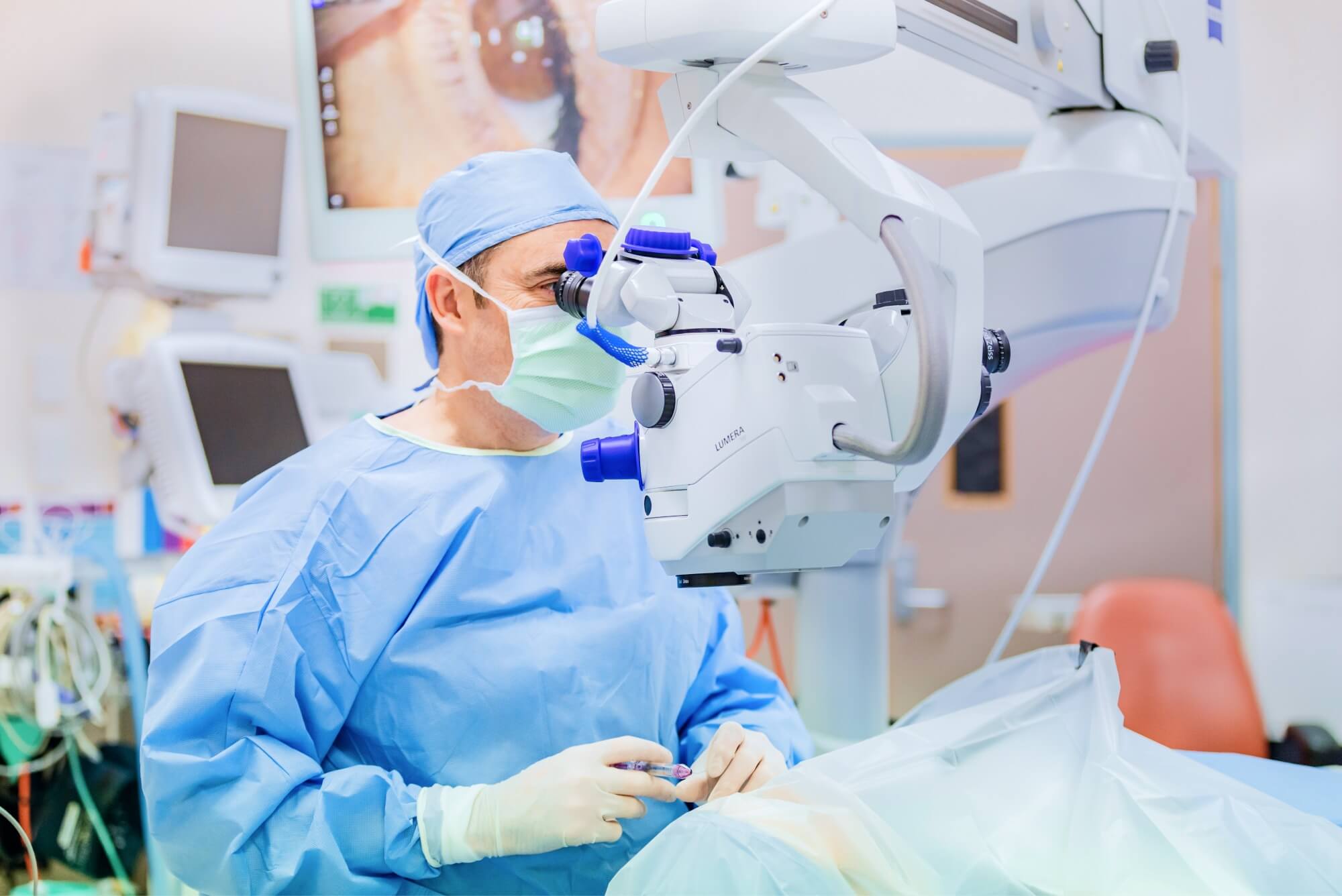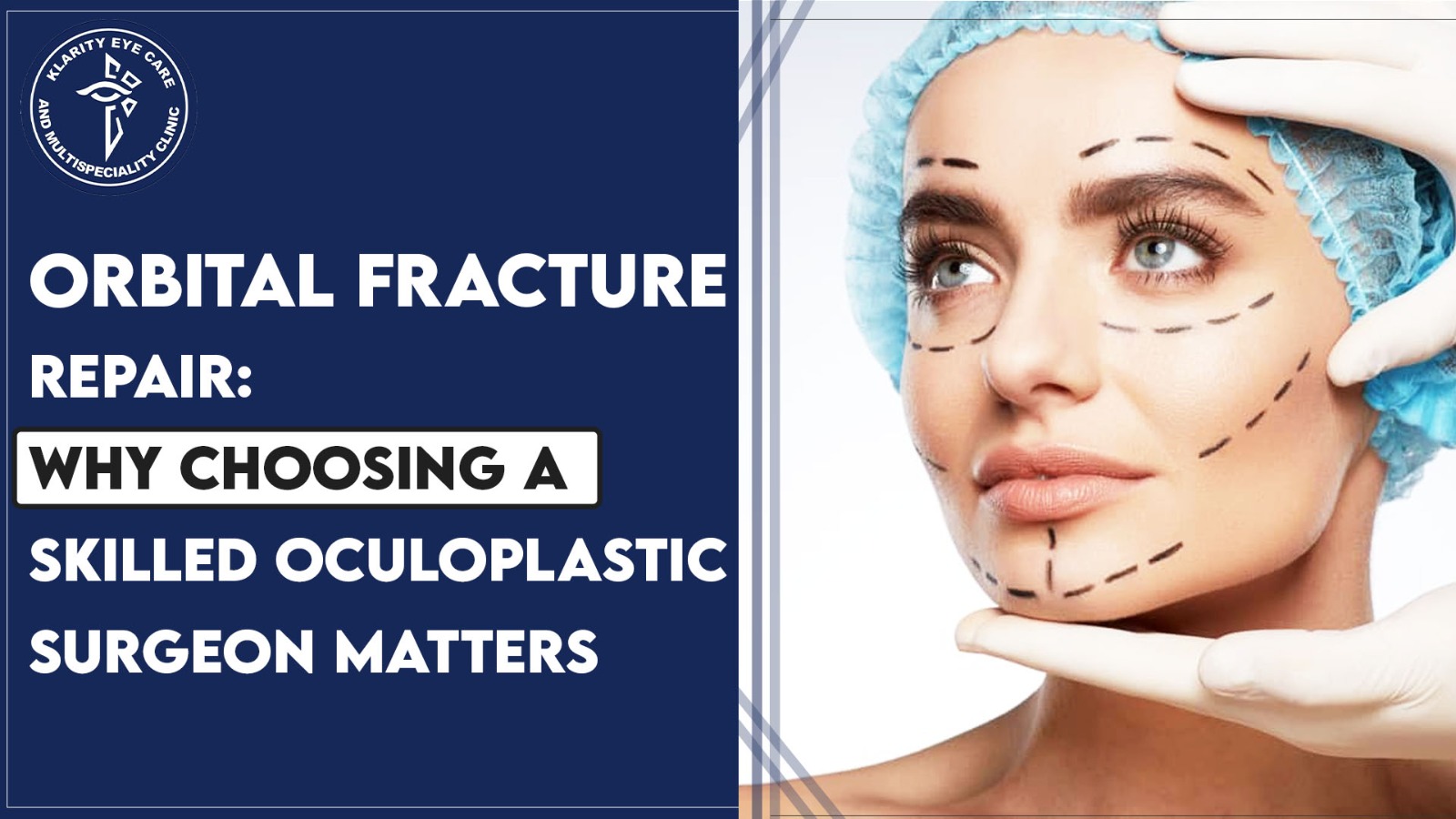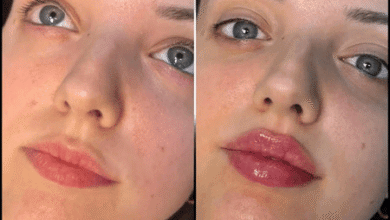How to Choose the Right Eye Surgeon in Adelaide?


Choosing the right eye surgeon is a crucial decision that can impact not only your vision but also your overall well-being. Whether you’re seeking treatment for cataracts, glaucoma, or another condition, finding a qualified professional with the right skills and experience is essential.
Here’s a breakdown of what to look for when selecting a surgeon for eye surgery Adelaide, ensuring you receive the best possible care.
1. Start with Referrals and Credentials
Begin by asking your general practitioner or optometrist for recommendations. Friends or family who have undergone similar procedures may also provide valuable insights. Once you have a few names, check their qualifications. An ophthalmologist must be certified by the Royal Australian and New Zealand College of Ophthalmologists (RANZCO). This confirms they’ve completed the necessary training and are qualified to perform eye surgery in Adelaide procedures safely.
2. Experience Matters
While all licensed surgeons are trained, their level of hands-on experience may differ. A specialist who has performed hundreds of surgeries is more likely to handle complications effectively. Ask how many procedures the surgeon performs each year, and whether they specialise in the specific condition you’re being treated for. For example, some may focus on cataracts, while others are experts in laser correction or retinal issues.
3. Evaluate Hospital Affiliation
Surgeons often operate at multiple clinics or hospitals. Review the quality of these facilities, as top-tier hospitals tend to maintain higher safety standards and better outcomes. Additionally, consider the hospital’s location and the support services it offers. Being treated at a well-equipped, accessible facility can make the process smoother, especially if post-operative visits are required.
4. Transparency in Consultations
An initial consultation should never feel rushed. The surgeon should take the time to explain your condition, potential treatments, and expected results. They should also answer all your questions without using complex medical jargon. This is a good time to evaluate their communication style and level of transparency. If the discussion feels vague or pressured, consider seeking a second opinion to clarify your understanding.
5. Read Patient Reviews and Ratings
While reviews should not be the only factor in your decision, they can help you understand what others have experienced. Pay attention to how patients describe the surgeon’s communication, professionalism, and responsiveness to post-operative issues. Also, note the overall tone of the reviews. A consistent pattern of negative feedback is worth taking seriously.
6. Look at Technology and Techniques
Ophthalmology has seen significant advancements in recent years. From laser-assisted procedures to computer-guided surgery, the right technology can reduce risks and speed up recovery. Ask your surgeon about the equipment they use and how current their techniques are. Those who invest in modern tools often deliver better outcomes and higher patient satisfaction.
7. Assess Aftercare Services
Recovery doesn’t end after you leave the operating room. Good surgeons provide detailed aftercare plans and are available for follow-up appointments. Clarify how follow-ups are handled and whether the surgeon or another team member will be responsible for your care. Reliable aftercare is crucial for monitoring progress and addressing complications promptly.
8. Verify Fees and Insurance Coverage
The cost of surgery can vary widely depending on the type of procedure, facility fees, and whether private health insurance is involved. Request a breakdown of the expenses in advance, and confirm what your insurance will cover. This avoids unpleasant surprises later on. Surgeons who are upfront about fees demonstrate a level of professionalism that builds trust.
9. Consider Overall Practice Quality
Observe how the clinic operates. Are the staff polite and helpful? Are appointments scheduled efficiently? A well-run practice often reflects the surgeon’s discipline and professionalism. Delays, unclear communication, or disorganised records may indicate deeper issues.
10. A Balanced Perspective on Other Treatments
Even if you’re searching for an eye specialist, it’s helpful to know whether the clinic or surgeon promotes a balanced view on related treatments. For example, some practices may also have specialists such as knee replacement surgeons Adelaide, who maintain similarly high standards. This can be a sign of overall medical excellence and continuity of care.
Conclusion
Choosing an eye surgeon takes careful thought. Do your research, ask the right questions, and focus on experience, clear communication, and aftercare. While Adelaide has many specialists, only a few may meet your specific needs.
Quality care often extends across specialities. For instance, those seeking knee replacement surgeons in Adelaide should also look for experience, patient-first communication, and comprehensive follow-up care. These standards help you make informed decisions across treatments.








